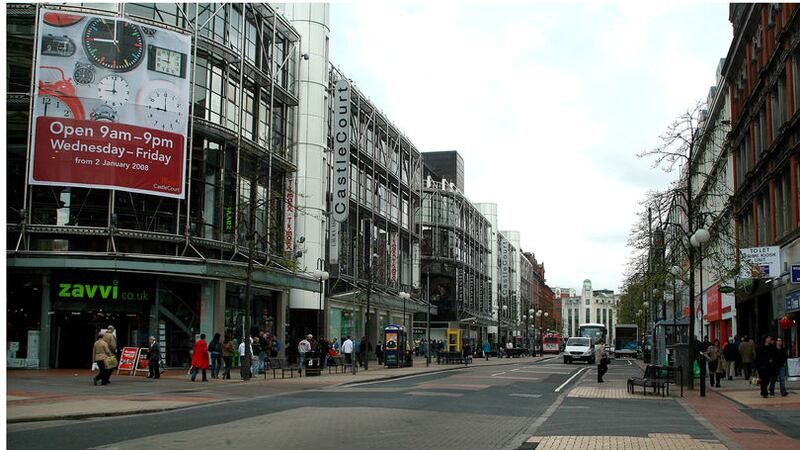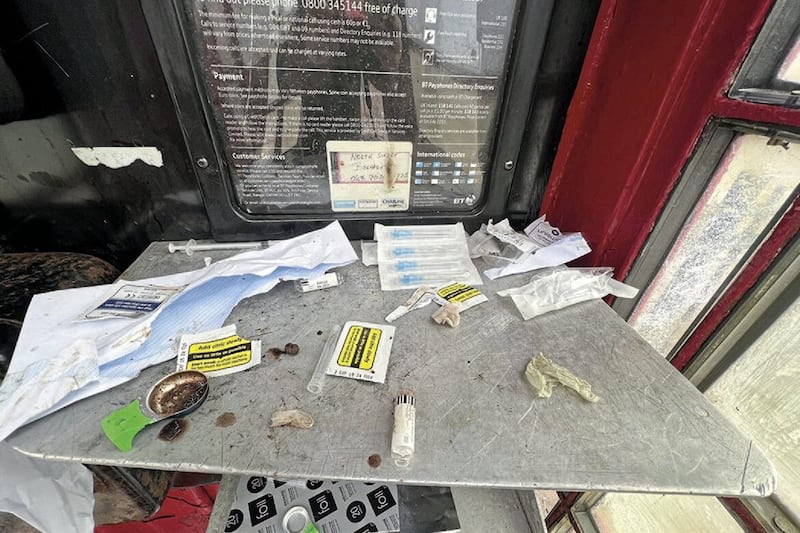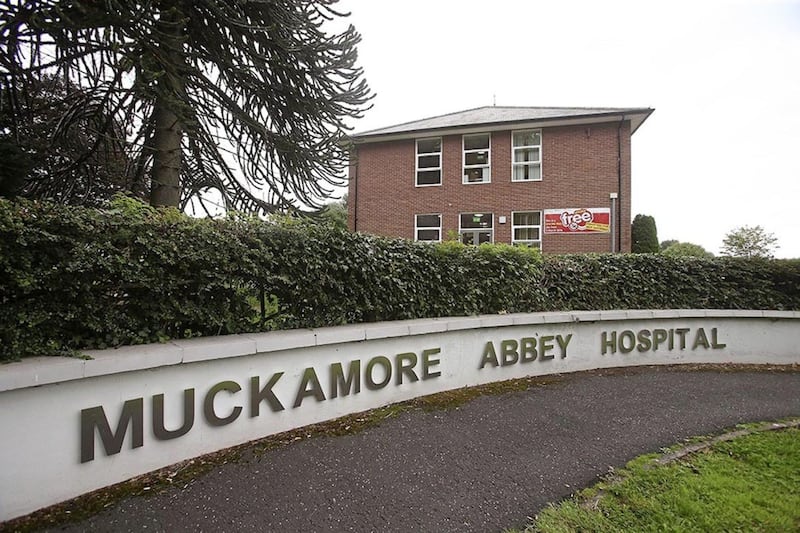VISITING Belfast city centre at lunchtime on Saturdays can be a disconcerting experience.
A few weeks ago I waited for a friend outside the city hall just as a small group of loyalist flag protesters gathered. To be honest, more than four years on from the widespread protests, some of them violent, against Belfast city council’s decision to only fly the Union flag on certain days, I had forgotten that loyalists still congregated every Saturday afternoon.
That drizzly day in January, they unfurled their Union flags, at least one of which had seen better days, and held up some placards. As I waited, the protesters chatted amongst themselves, sometimes gathering a little tighter whenever a tourist tried to get a clear shot of city hall. The group seemed comfortable with each other, if not with strangers. Standing there, it seemed that this same group of people would happily meet every week, would happily keep protesting for months and years to come: four years of weekly protests had become a Saturday afternoon habit in the same way as other people shop or go for long walks or meet friends.
This small group of protesters came to mind when the Supreme Court ruled last week that police were wrong to allow Union flag protests to take place in the city several years ago. Who can forget the scores of protests between December 2012 and February 2013? Roads were blocked, 100 PSNI officers were injured when some of the demonstrations turned violent, and more than 500 people were charged or have been reported to the Public Prosecution Service. Those violent protests, and the people who took part in them, seem a long way away from the sparse gathering outside Belfast city hall every Saturday. Yet come July’s Twelfth demonstrations, fears of violence are never very far away.
The Supreme Court’s judgment clarified that police have the power to stop illegal parades. The real question though is will police exercise this power? Chief Constable George Hamilton has apologised to people who were affected by the lengthy protests but his response to the court’s judgment seemed equivocal.
"This judgment is not saying that every time there is an un-notified parade, the police should stop it. What it means is that the police have the power to stop it,” he said.
Mr Hamilton described the power as a “tactic”, suggesting it will only be used when police feel it is strictly necessary. Striking a balance will be extraordinarily difficult. With illegal parades, violence may erupt if a parade is stopped and equally if it is allowed to go ahead.
The agreement that ended the bitter Ardoyne parading dispute last year felt like a huge step forward. But that was then, when we actually had an assembly and weren’t facing months of talks and the strong possibility of a return to direct rule.
The Orange Order has already said it wants parading issues to form part of talks that are expected to take place after next month’s elections. The Order’s new grand secretary, Rev Mervyn Gibson, claimed parades “seem to have fallen off the political agenda and we want to make sure (they are) placed back on the table again”.
Although he said that victims’ issues are more important, it’s still likely that parades will dominate the talks. When the DUP and Sinn Fein finally do sit down together, the scrapping of the Parades Commission and the establishment of an Irish language act will be among the main points of contention, with the disastrous Renewable Heat Incentive as an added backdrop.
In February, the July demonstrations are still months away. Yet this year it’s highly likely that we’ll be facing a marching season under direct rule, and direct Tory rule at that. Theresa May’s focus will be on Brexit rather than parochial arguments over parades. A political vacuum is dangerous and, as we saw with the shooting of a police officer in north Belfast last month, the extreme fringes of our society are always willing to fill that vacuum.
This year, knowing that police do have the power to stop illegal parades, will some loyalists feel that power should be tested?
As the small band of protesters who wave their Union flags in front of city hall every week demonstrate, rows over parades and symbols are never really resolved, they simply simmer under the surface. Parading disputes: they haven’t gone away you know.








